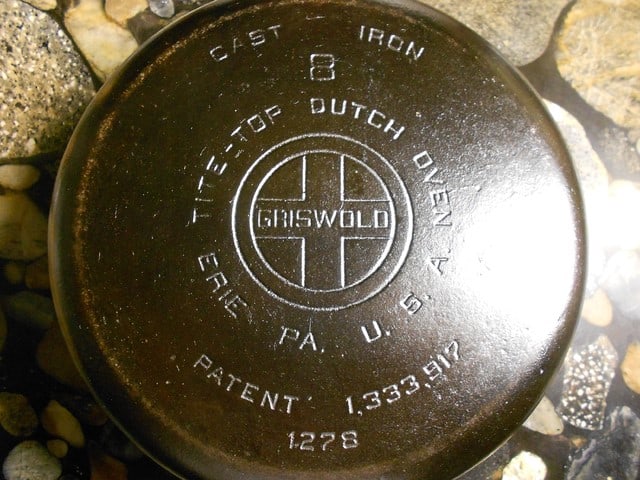Under 35 U.S.C. § 287(a), a patent owner who makes or sells a patented product must mark the item, or otherwise notify potential infringers, in order to recover damages.
Specifically,
Patentees, and persons making, offering for sale, or selling within the United States any patented article for or under them, or importing any patented article into the United States, may give notice to the public that the same is patented, either by fixing thereon the word “patent” or the abbreviation “pat.”, together with the number of the patent, or by fixing thereon the word “patent” or the abbreviation “pat.” together with an address of a posting on the Internet, accessible to the public without charge for accessing the address, that associates the patented article with the number of the patent, or when, from the character of the article, this can not be done, by fixing to it, or to the package wherein one or more of them is contained, a label containing a like notice. In the event of failure so to mark, no damages shall be recovered by the patentee in any action for infringement, except on proof that the infringer was notified of the infringement and continued to infringe thereafter, in which event damages may be recovered only for infringement occurring after such notice. Filing of an action for infringement shall constitute such notice.
As the recent Federal Circuit decision in Arctic Cat Inc. v. Bombardier Recreational Products Inc. explains, the marking requirement serves three related purposes:
- helping to avoid innocent infringement
- encouraging patentees to give public notice that the article is patented
- aiding the public to identify whether an article is patented
This requirement also extends to a patent owner’s licensees, because the statute applies to “persons making or selling any patented article for or under [the patentee].”
Because it’s difficult for patent owners to ensure that licensees have complied with the marking requirement, courts may consider “whether the patentee made reasonable efforts to ensure compliance with the marking requirements.”
In the Arctic Cat case, the parties disagreed about whether Artic Cat’s licensee’s failure to mark certain products limited Arctic Cat’s ability to recover damages.
The license agreement specifically said that Honda, the licensee, “shall have no obligation or requirement to mark” its licensed products.
The court noted that the “burden of proving compliance with marking is and at all times remains on the patentee.”
However, the court also held that
an alleged infringer who challenges the patentee’s compliance with § 287 bears an initial burden of production to articulate the products it believes are unmarked “patented articles” subject to § 287.
The America Invents Act (AIA) made it easier to comply with the marking requirement. Previously, patent owners and their licensees might have to change their molds, printing plates, or other production processes when a patent went from pending to granted, or if a patent was invalidated or expired.
Now, a patent owner can just update the information on a website, using the original patent number on the product as a reference.
To receive poetic updates on IP law, sign up for our monthly collection of patent haikus and news here:


